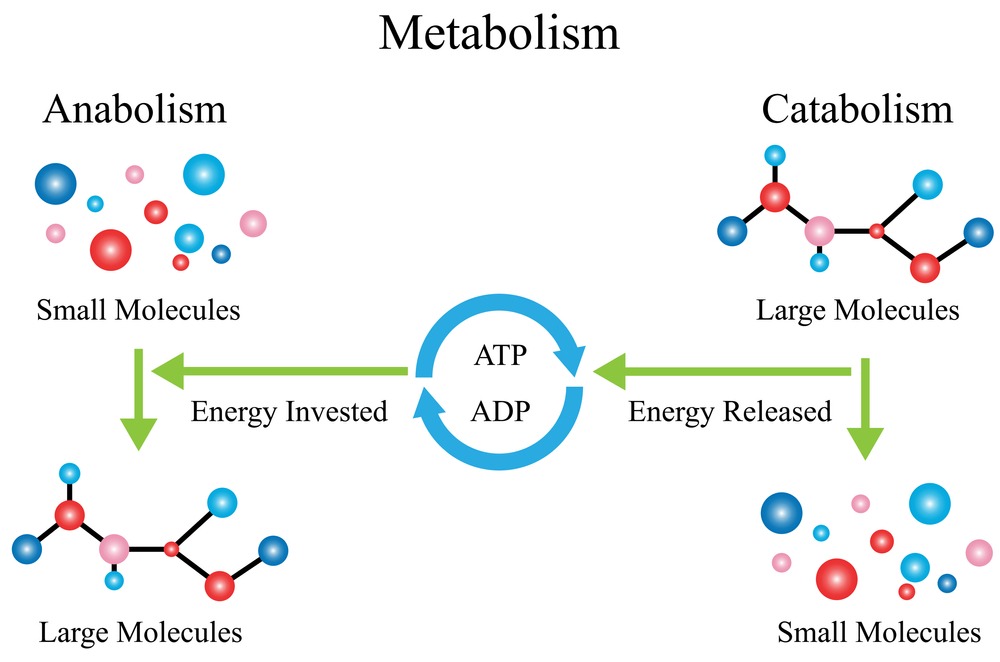The Ketogenic Diet and Autism: A Promising Approach for Neurodevelopmental Support
Autism Spectrum Disorder (ASD) is a complex neurodevelopmental condition characterized by challenges in social interaction, communication, and restricted or repetitive behaviors. While there is no cure for autism, various interventions, including behavioral therapies, medications, and dietary approaches, are used to manage symptoms and improve quality of life. Among these, the ketogenic diet (KD) has emerged as a promising tool, offering potential benefits for individuals with autism by targeting metabolic and neurological dysfunctions. In this blog post, we’ll explore how the keto diet works, its potential benefits for autism, and why it’s gaining attention in the field of metabolic psychiatry.
Understanding the Ketogenic Diet
The ketogenic diet is a high-fat, low-carbohydrate diet that has been primarily used to treat epilepsy since the 1920s. By drastically reducing carbohydrate intake and increasing fat consumption, the body enters a state of ketosis, where it burns fat for fuel instead of glucose. This metabolic shift produces ketones, which are believed to have neuroprotective and anti-inflammatory effects.
Recent research has expanded the applications of the ketogenic diet beyond epilepsy, exploring its potential in treating other neurological and metabolic conditions, including Alzheimer’s disease, Parkinson’s disease, and even psychiatric disorders like depression and anxiety. The diet’s ability to modulate brain chemistry and improve mitochondrial function has led to growing interest in its application for autism.
The Link Between Autism and Metabolism

Autism is not just a behavioral disorder; it is increasingly being understood as a condition with underlying metabolic and neurological dysfunctions. Studies have shown that individuals with autism often exhibit abnormalities in mitochondrial function, oxidative stress, and inflammation—factors that can contribute to the symptoms of autism.
The ketogenic diet’s ability to improve mitochondrial efficiency and reduce oxidative stress makes it a compelling intervention for autism. By promoting ketosis, the diet may help correct some of the metabolic imbalances observed in individuals with autism, potentially leading to improvements in behavior, cognition, and overall neurological health.
How the Ketogenic Diet May Benefit Autism
1. Modulating Brain Chemistry and Reducing Seizures
One of the primary reasons the ketogenic diet was initially explored for autism is its effectiveness in reducing seizures, which are common in individuals with autism. Up to 30% of people with autism also experience epilepsy, and the ketogenic diet has been shown to significantly reduce seizure frequency in this population.
Beyond its anti-seizure effects, the ketogenic diet may also modulate brain chemistry by increasing the production of gamma-aminobutyric acid (GABA), an inhibitory neurotransmitter that helps regulate brain activity. Low levels of GABA have been linked to anxiety, hyperactivity, and sensory processing issues—common challenges for individuals with autism. By boosting GABA levels, the ketogenic diet may help alleviate some of these symptoms.
2. Reducing Inflammation and Oxidative Stress
Chronic inflammation and oxidative stress are thought to play a role in the development and progression of autism. The ketogenic diet has been shown to reduce markers of inflammation and oxidative stress, potentially offering a protective effect on the brain. This could lead to improvements in cognitive function, behavior, and sensory processing in individuals with autism.
3. Improving Mitochondrial Function
Mitochondrial dysfunction is a common feature in autism, leading to impaired energy production and increased susceptibility to oxidative stress. The ketogenic diet has been shown to improve mitochondrial function by increasing the efficiency of energy production and reducing the production of harmful free radicals. This could help address some of the underlying metabolic issues associated with autism.
4. Targeting Multiple Pathways Simultaneously
One of the unique aspects of the ketogenic diet is its ability to target multiple disrupted pathways simultaneously. Autism is a heterogeneous condition with a wide range of symptoms and underlying causes. The ketogenic diet’s multifaceted approach—addressing inflammation, oxidative stress, mitochondrial dysfunction, and neurotransmitter imbalances—makes it a particularly attractive intervention for autism.
Evidence from Animal and Human Studies
While research on the ketogenic diet and autism is still in its early stages, preliminary findings are encouraging. Animal studies have shown that the ketogenic diet can improve social behavior, reduce repetitive behaviors, and enhance cognitive function in mouse models of autism. These improvements are thought to be mediated by the diet’s effects on inflammation, oxidative stress, and mitochondrial function.
Human studies have also shown promise, though more research is needed to confirm these findings. A small pilot study conducted in 2023 found that children with autism who followed a ketogenic diet for six months showed significant improvements in social interaction, communication, and repetitive behaviors. However, larger, more rigorous studies are needed to determine the long-term efficacy and safety of the ketogenic diet for autism.
Precision Medicine: Identifying Who Benefits Most
Autism is a highly heterogeneous condition, meaning that not all individuals with autism will respond to the same interventions. Precision medicine, which tailors treatments to an individual’s unique genetic, metabolic, and neurological profile, could help identify those who are most likely to benefit from the ketogenic diet.
For example, individuals with autism who also have a history of seizures, mitochondrial dysfunction, or metabolic abnormalities may be more likely to experience positive effects from the ketogenic diet. By using biomarkers and genetic testing, clinicians may be able to predict which individuals are most likely to benefit from this intervention, potentially extending its use to other psychiatric conditions with similar metabolic patterns.
Challenges and Considerations
While the ketogenic diet holds promise for individuals with autism, it is not without challenges. The diet is highly restrictive and can be difficult to maintain, especially for children with sensory sensitivities or food aversions, which are common in autism. Additionally, the long-term effects of the ketogenic diet on growth, development, and overall health in children with autism are not yet fully understood.
Parents and caregivers considering the ketogenic diet for a child with autism should work closely with a healthcare provider, including a dietitian, to ensure that the diet is nutritionally balanced and tailored to the child’s specific needs. Regular monitoring of ketone levels, growth, and overall health is essential to ensure the safety and efficacy of the intervention.
Conclusion: A Paradigm Shift in Autism Treatment?
The ketogenic diet represents a potential paradigm shift in the treatment of autism, offering a multifaceted approach that addresses underlying metabolic and neurological dysfunctions. While more research is needed to confirm its effectiveness and safety, early findings suggest that the ketogenic diet may offer significant benefits for individuals with autism, particularly those with co-occurring conditions like epilepsy or mitochondrial dysfunction.
As the field of metabolic psychiatry continues to evolve, precision medicine approaches may help identify which individuals with autism are most likely to benefit from the ketogenic diet, paving the way for more personalized and effective treatments. For now, the ketogenic diet remains a promising but experimental intervention, one that holds the potential to improve the lives of individuals with autism and their families.



